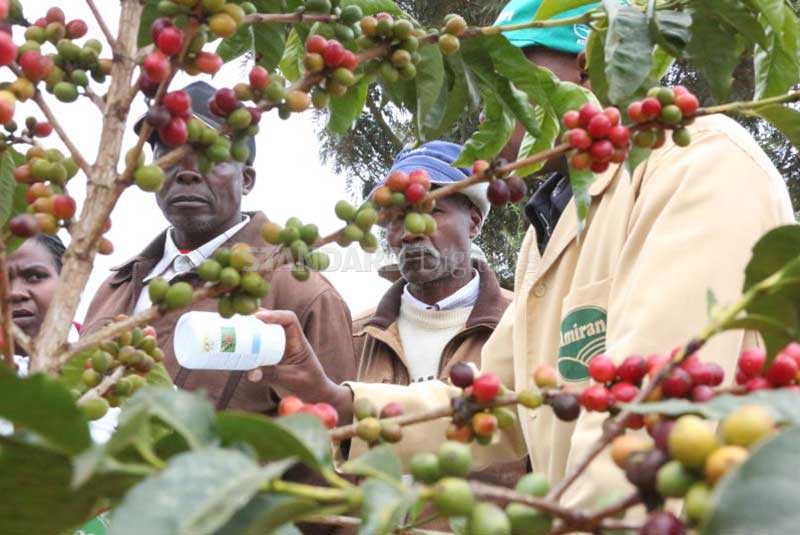×
The Standard e-Paper
Stay Informed, Even Offline

Six giant European companies control the multi-billion shilling coffee business in Kenya, raising concerns about possible price manipulation.
With coffee prices at the auction only a fraction of the market prices - which hurts farmers - the Government has recommended the formation of a coffee pricing committee.